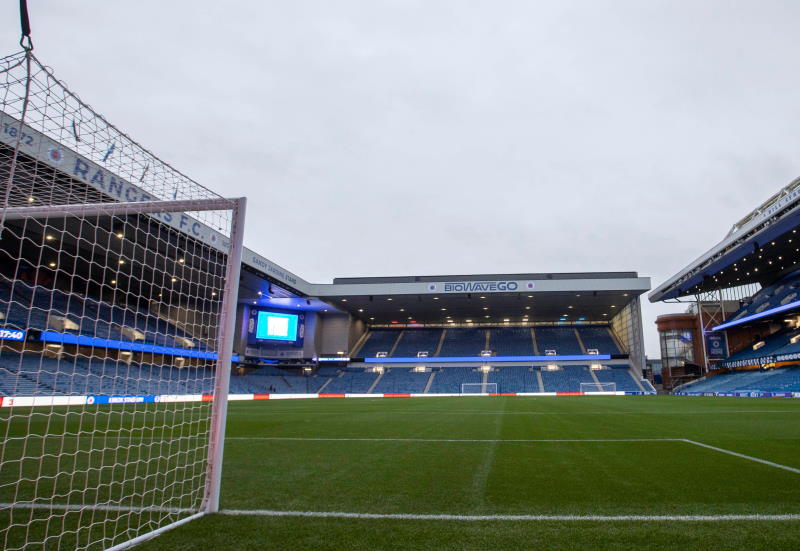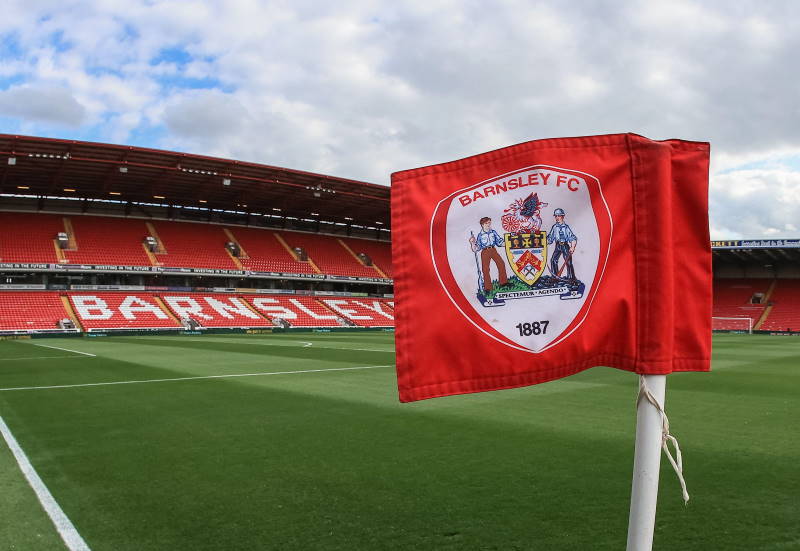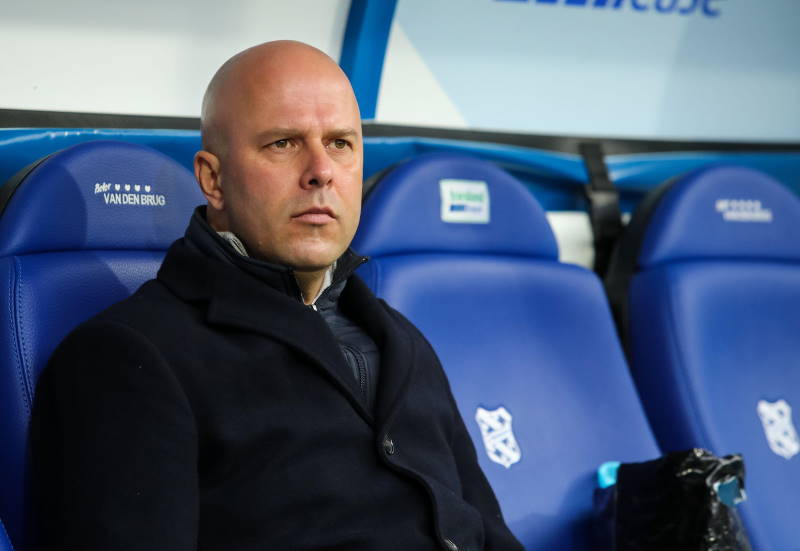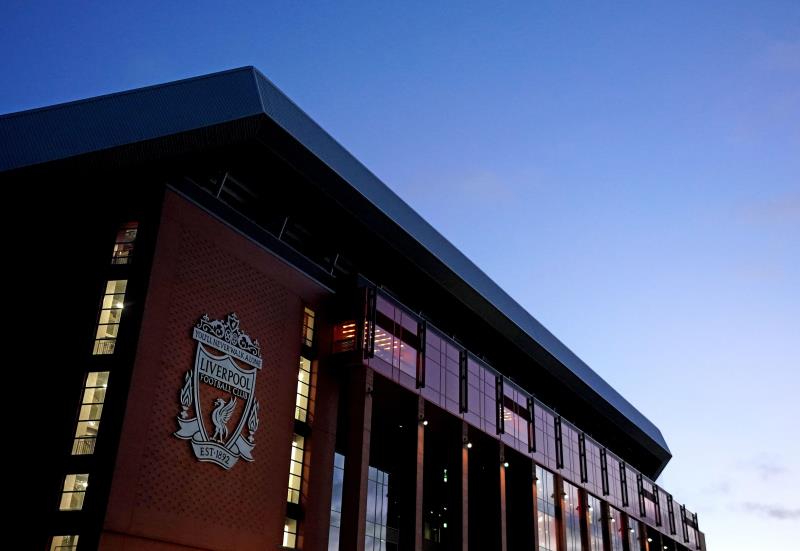
Lincolnshire has long been one of the hotbeds of English football, with high youth participation in the beautiful game and, in recent years, four professional clubs playing at various levels in the Football League.
The fortunes of these four clubs – Scunthorpe United, Lincoln City, Grimsby Town and Boston United – have changed dramatically over the years, from promotion joy to relegation misery.
In 2007, Boston were relegated from the Football League after five years in what is now League Two, and were followed by Grimsby Town in 2010, only eight years after The Mariners had enjoyed playing in the second tier of English Football.
The conclusion of this season has seen yet more misery for the county, with the relegation of Scunthorpe from the Championship and Lincoln City from the Football League into the Blue Square Premier, England’s first tier of non-league football.
This, coupled with the failure of Boston to secure promotion from the Conference North and Grimsby missing out on achieving an immediate return to league football, means that the county has only one league club for the first time in some 20 years.
The decline of Lincolnshire’s four major teams is almost unrivalled anywhere else in England and is, on the surface, baffling.
However, an examination of the clubs’ recent histories shows a number of common denominators that have contributed to their respective declines.
All suffered from financial problems, to varying degrees, whether by poor management or simply being unable to compete with the resources of their opposition.
In recent times, both Scunthorpe United and Grimsby Town have found themselves rubbing shoulders with some of the best club sides in England, in what is now the Championship, a division which is home to a host of former Premier League teams with much greater financial power at their disposal.
Scunthorpe and Grimsby did manage, for a time, to punch above their weight in the second tier of English football, but were always fighting a losing battle and much of the success they enjoyed could be directly attributed to the work of managers like Nigel Atkins and Paul Groves.
Lincoln, Grimsby and Boston have all suffered from poor financial management too at one time or another in their pursuit of glory.
But money isn’t the only reason for the decline of these clubs. Poor decisions made in the boardroom and by various managers have also played their part.
Three of the four are guilty of making questionable management choices, such as Neil Woods at Grimsby Town, Steve Sutton and Peter Jackson at Lincoln and a succession of failed appointments at Boston since Steve Evans left the club.
And all four are arguably guilty of over using the loan market and signing free agents, journeymen and other clubs’ fringe players.
If Lincolnshire football is to return to being well-represented in the Football League, these clubs must avoid the financial model of ‘boom and bust’, carefully weigh up any changes in management, build up their finances and give the younger generation of footballers an opportunity.
If these simple measures are adopted then this historic county can look forward to a brighter future in the English game and each club can give themselves a fighting chance of once again tasting better times.













